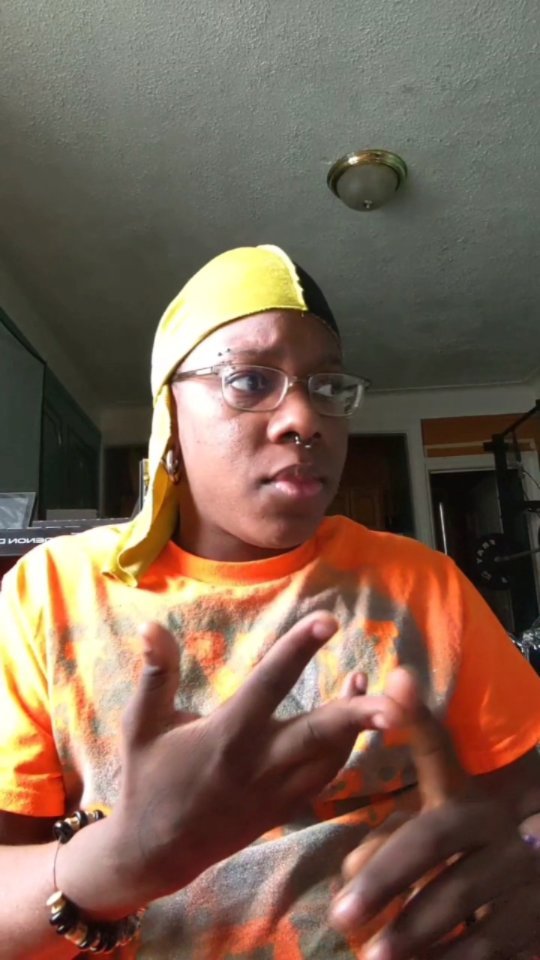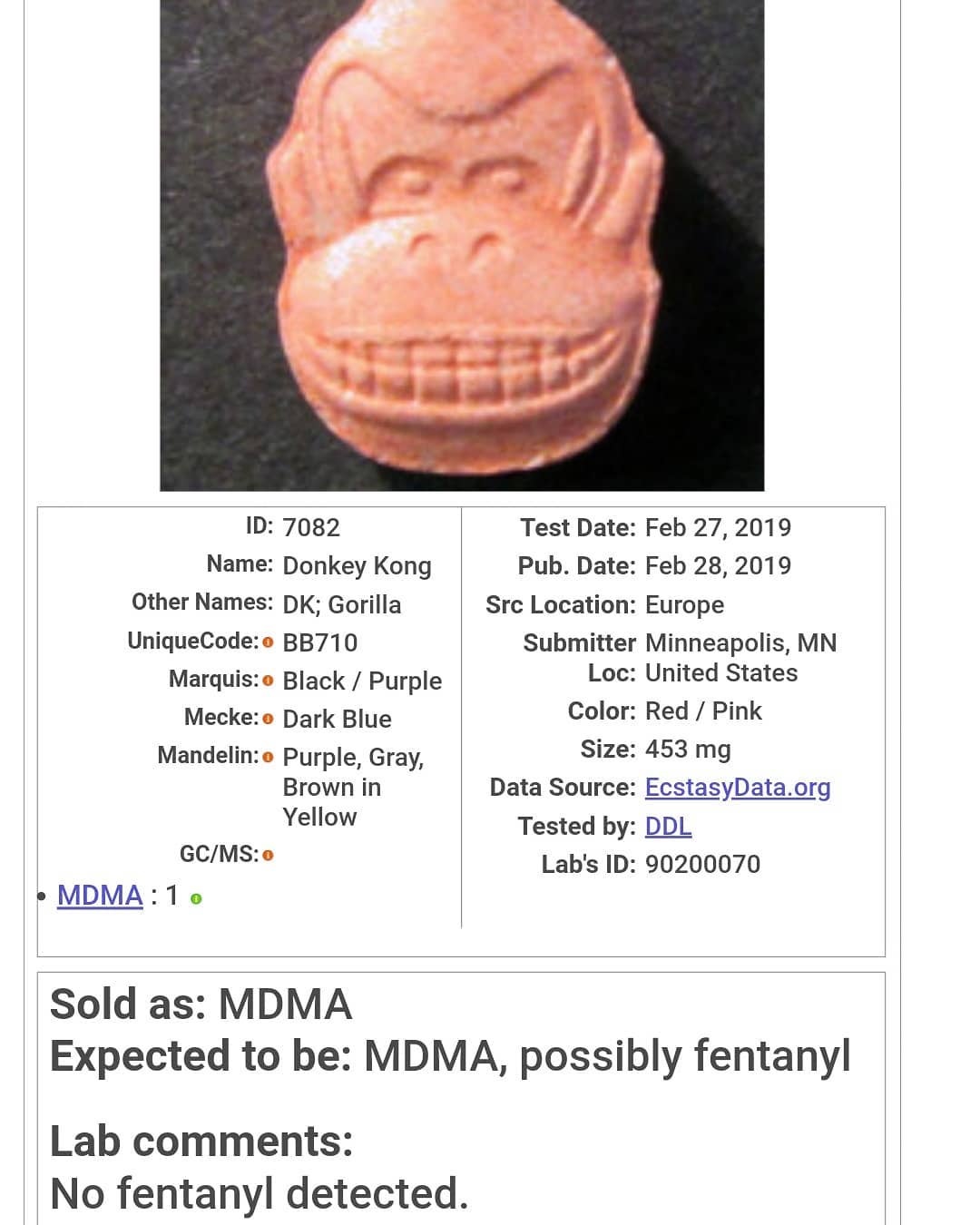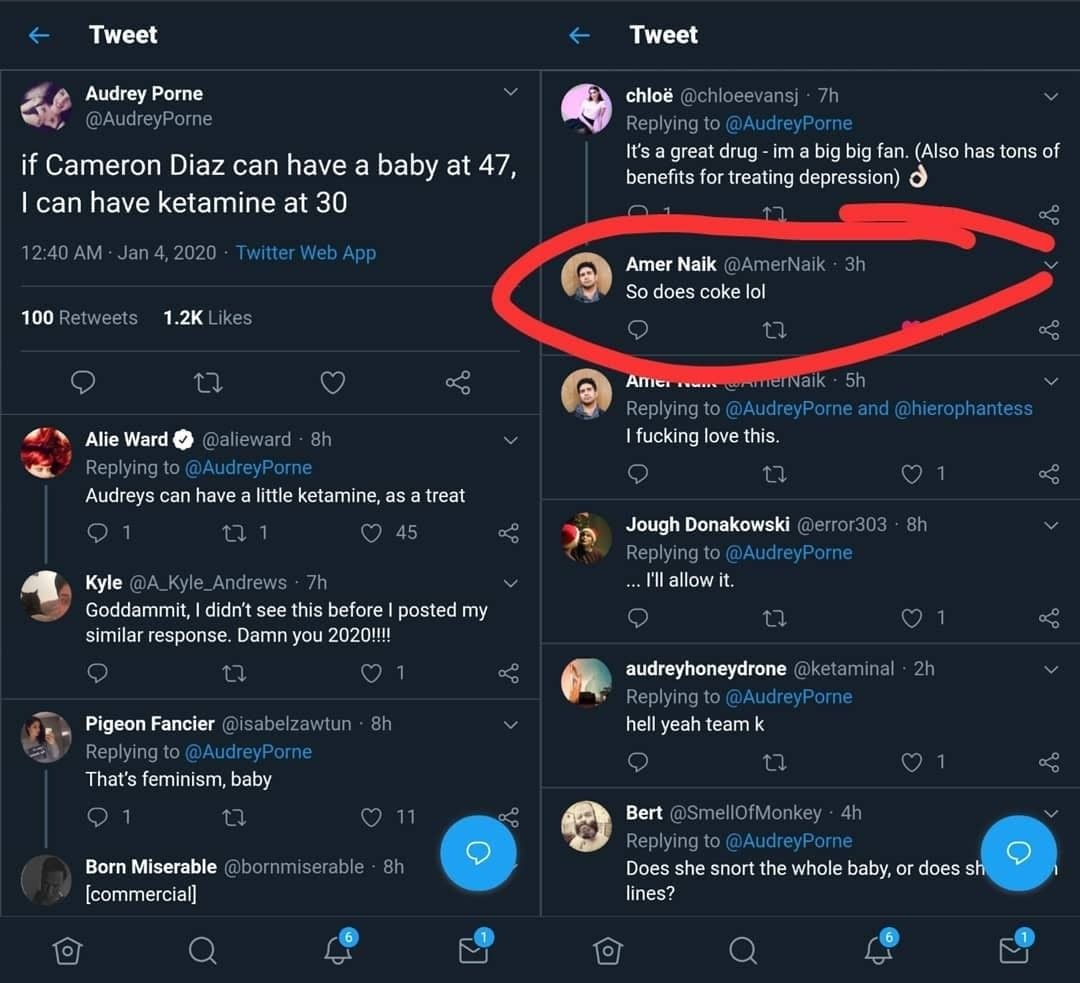
“There is a Lack of Research About Psychedelics, Race, and Mental Health”
In case you didn’t look at the details of the story, I’m breaking it down again here:
“I was interested in the topic because there is a lack of research about psychedelics, race, and mental health,” said study author Grant M. Jones, a clinical psychology PhD student at Harvard University. “Most of the treatment studies have been conducted using majority White samples. So for me, this is my way of starting to raise questions and launch inquires into the intersection of psychedelics, mental health, and race — and seeing how identity might impact the associations that psychedelics have with mental health.”
For his study, Jones analyzed data from the National Survey on Drug Use and Health. The data, collected between 2005 and 2019, included responses from 596,187 U.S. adults. The sample included 128,243 non-Hispanic racial minorities, 96,493 Hispanic individuals, and 371,451 non-Hispanic Whites. As part of the survey, participants reported whether they had ever used a variety of drugs, including MDMA and psilocybin.
After controlling for sex, age, educational attainment, engagement in risky behavior, household income, marital status, and the use of other drugs, Jones found that MDMA and psilocybin use were both associated with lowered odds of lifetime depression, past year depression, and past year severe depression among non-Hispanic Whites.
Does this mean this doesn’t work: No, but it means we need to be digging deeper to get consistently better outcomes, like with culturally informed use, for example.
Does this mean it’s the drugs? No, this could be an issue across racial and ethnic minorities when it comes to treating mental health in general. However, psychedelics to address this is what’s hot in the streets right now, it’s more accessible than traditional therapies, and people keep talking about it like all you need is 1 dose and it works magic for life. It makes sense to study this phenomenon specifically.




